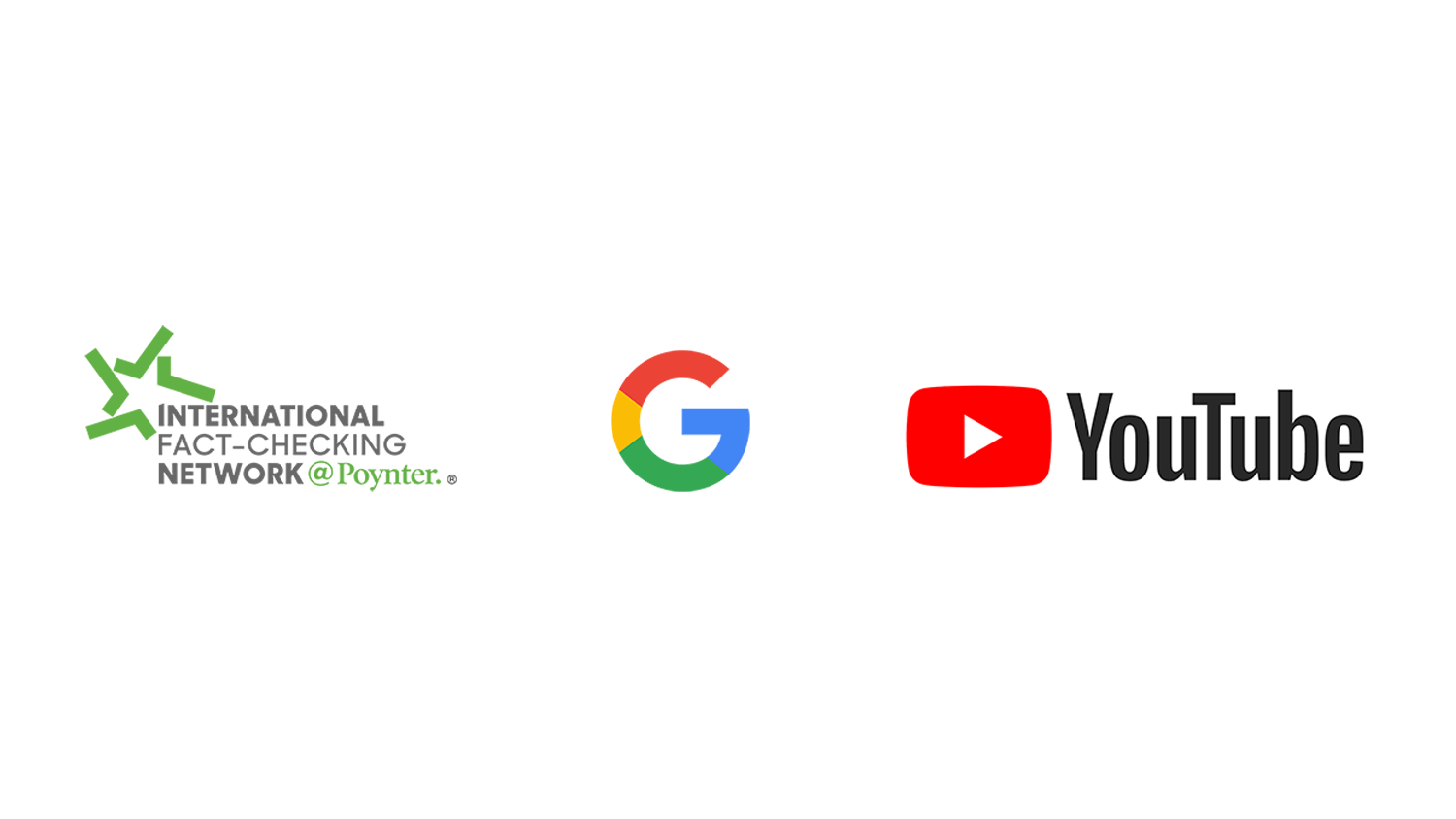For those of us interested in the craft of interviewing, last week’s prime time presidential news conference was an example of missed opportunities and a lesson in the power of questions.
Most of the questions provided vivid and dispiriting evidence that White House reporters sorely need a lesson in interviewing from John Sawatsky, the Canadian journalist and teacher.
Sawatsky has made a science of identifying the kinds of questions that produce answers and those that are invitations to obfuscate.
Sawatsky recommends simple, direct, open-ended questions to provoke people to talk.
Students of his method could easily spot the warning signs during last week’s news conference. The transcript shows the president took questions from about 15 reporters: most of their questions were double-barreled and/or closed-ended.
Double-barreled questions.
Most of the questions were the interviewing equivalent of multiple-choice, asking not one but two questions at a time.
Is that a fair criticism? And do you believe there were any errors in judgment that you made related to any of those topics I brought up?
Have you learned anything else about that report since that time? And do you now believe you were falsely comforted by the FBI?
Do you believe the American people deserve a similar apology from you, and would you be prepared to give them one?
How would you answer those critics? And can you assure the American people that post-sovereignty, when the handover takes place, that there will be more burden sharing by allies, in terms of security forces?
First, could you respond to that general criticism? And, secondly, in the wake of these two conflicts, what is the appropriate threat level to justify action in perhaps other situations going forward? Will you, and how will you?
I can understand the impulse behind this approach: I’m only going to get one crack at the President so I better load up and ask more than question. The problem is that double-barreled questions let the subject decide which, if any, question he wants to answer.
Closed-ended questions
These are the questions that seem the toughest, and to some ears, also smack of bias, insult, and disrespect. Designed to produce brief, unequivocal responses, they’re a favorite of trial lawyers and are useful when a reporter needs a yes or no answer. Did you raid the city treasury to build a villa on the French Riviera, Mr. Mayor?
The downside is that this kind of question can be a guaranteed conversation stopper. The subject has three choices: yes, no, or dodge the question.
Did that trigger some specific actions on your part and the administration, since it dealt with potentially hundreds of lives and a blackmail attempt on the United States government?
Will it have been worth it, even if you lose your job because of it?
Playing interview dodgeball is also easy when a closed-ended question is front-loaded with information or editiorializing.
Thank you, Mr. President. To move to the 9/11 Commission. You, yourself, have acknowledged that Osama bin Laden was not a central focus of the administration in the months before September 11th. “I was not on point,” you told the journalist, Bob Woodward, “I didn’t feel that sense of urgency.” Two-and-a-half years later, do you feel any sense of personal responsibility for September 11th?
Instead of answering the question, the President initially seized on the Woodward reference and repeated, almost verbatim, a comment made by National Security Adviser Condoleeza Rice before the 9-11 commission, explaining that the quote was taken out of context.
Fortunately, for the reporter, the President remembered he’d been asked a question and prompted the reporter to repeat it.
Open-ended questions: You Steer, They Paddle
The first type of question asked at last week’s prime time news conference was unfortunately in short supply. It was the open-ended question, one that starts with how, why, or what, and encourages a subject to describe, explain, and amplify.
Mr. President, April is turning into the deadliest month in Iraq since the fall of Baghdad, and some people are comparing Iraq to Vietnam and talking about a quagmire. Polls show that support for your policy is declining and that fewer than half of Americans now support it. What does that say to you and how do you answer the Vietnam comparison?
THE PRESIDENT: I think the analogy is false. I also happen to think that analogy sends the wrong message to our troops, and sends the wrong message to the enemy. Look, this is hard work. It’s hard to advance freedom in a country that has been strangled by tyranny. And, yet, we must stay the course, because the end result is in our nation’s interest.
Front-loaded and double-barreled though it may be, the question produced one of the few exchanges where the President answered the question he was asked. That’s what made it a tough question.
The news media needs to be asking tough questions, whether you’re in the East Room of the White House or the mayor’s office. You don’t need editorializing, grandstanding, or filibustering to get meaningful answers. You just need to ask good questions.






